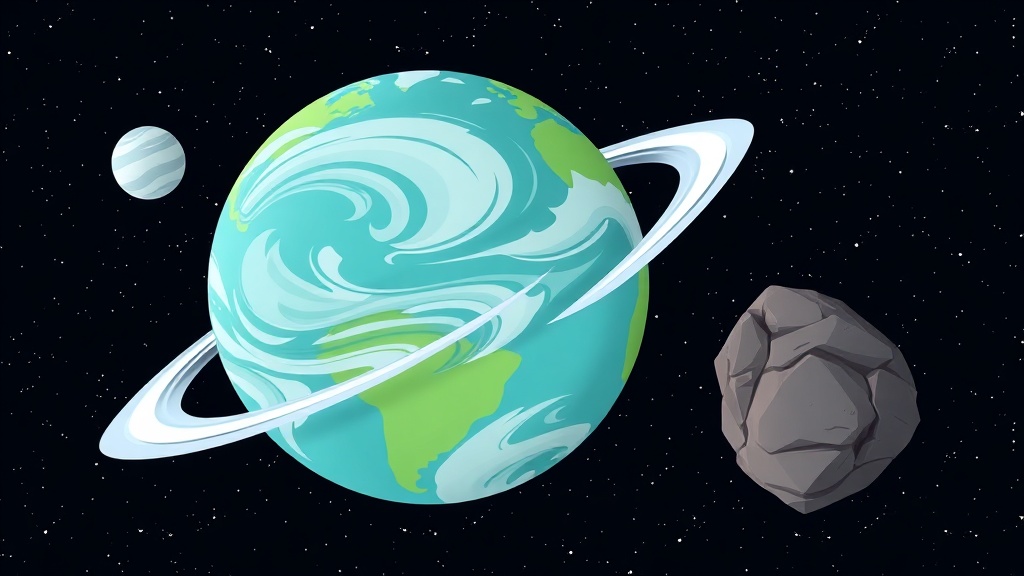Home / Science / Earth Gains Unexpected Celestial Companion: A New 'Mini-Moon' Discovered
Earth Gains Unexpected Celestial Companion: A New 'Mini-Moon' Discovered
21 Oct
Summary
- Astronomers identify small near-Earth object 2025 PN7 as a 'quasi-satellite' of Earth
- 2025 PN7 is estimated to be 18-36 meters across and will remain in Earth's orbit until 2083
- This discovery offers a unique opportunity to study orbital dynamics and near-Earth asteroids

On 2025-10-22T08:06:49+00:00, astronomers made a surprising discovery - Earth has acquired a second moon, at least temporarily. In a twist that sounds like science fiction, researchers have identified a small near-Earth object, 2025 PN7, which is now classified as a 'quasi-satellite' of our planet.
This newly discovered celestial companion is very small, estimated to be between 18-36 meters across, about the height of a modest building. Unlike the Moon, 2025 PN7 does not orbit Earth directly, but rather follows an Earth-like path around the Sun, giving the impression of a second moon.
According to NASA, this 'mini-moon' is expected to remain in this co-orbiting arrangement with Earth until around 2083. While it poses no threat to our planet, the presence of 2025 PN7 offers a unique opportunity for scientists to study orbital dynamics, near-Earth asteroids, and how small bodies behave in the solar system.
Advertisement
The discovery of this quasi-satellite serves as a reminder that even our immediate cosmic neighborhood still holds surprises. While 2025 PN7 is not a true moon, its temporary companionship with Earth provides a fascinating glimpse into the dynamic nature of our solar system.




